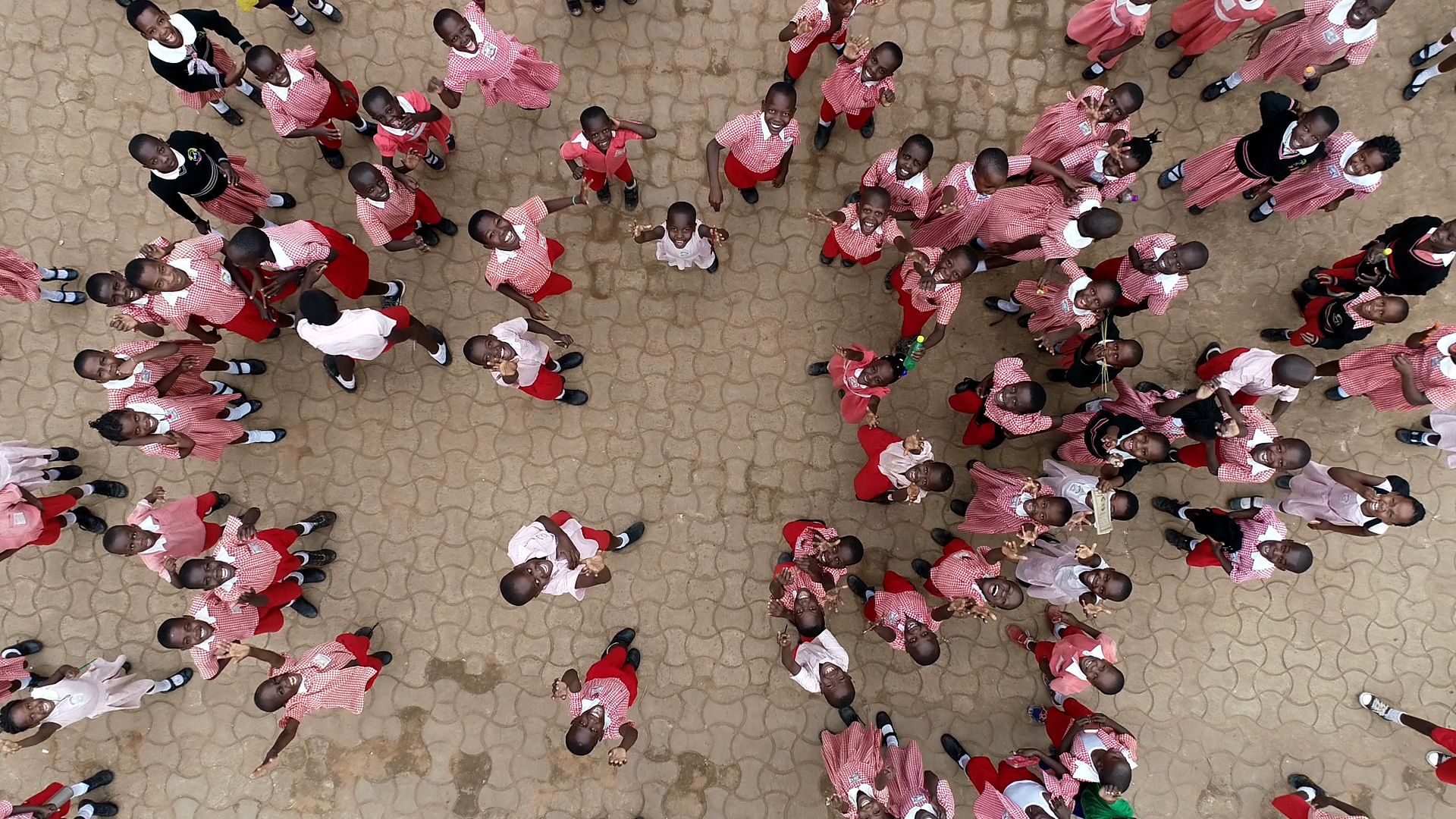Rajasthan region
Manish Singh is Secretary at Manjari Sansthan, one of the WNCB partner organisations that is based in Rajasthan. Over the last twenty years he has witnessed the persistent connection between the sandstone sector and child labour. “Especially since people started making cobblestones out of mining waste, it became even easier for children to get involved in working”, he says. “Producing cobblestones doesn’t require advanced skills and can therefore easily be done by children. Moreover, there is a heavy demand from Europe and other countries for such cobblestones, for pavements and streets, making it tempting for many families and their children to become involved in this business.”
In 2005, a study by Arisa, one of the other current WNCB partners, highlighted the fact that in some places in Rajasthan, more than 80% of the children were active in the cobblestone production, and therefore out of school. A compelling reason for Manjari to start focusing on eliminating child labour from the cobblestone production process. “Mainstreaming children back into school and offering developmental training to youth have ever since been at the core of what we do”, says Manish. “In addition, we have been working intensively with local, regional and international businesses to bring change in the supply chain, making it as ethical as possible.”
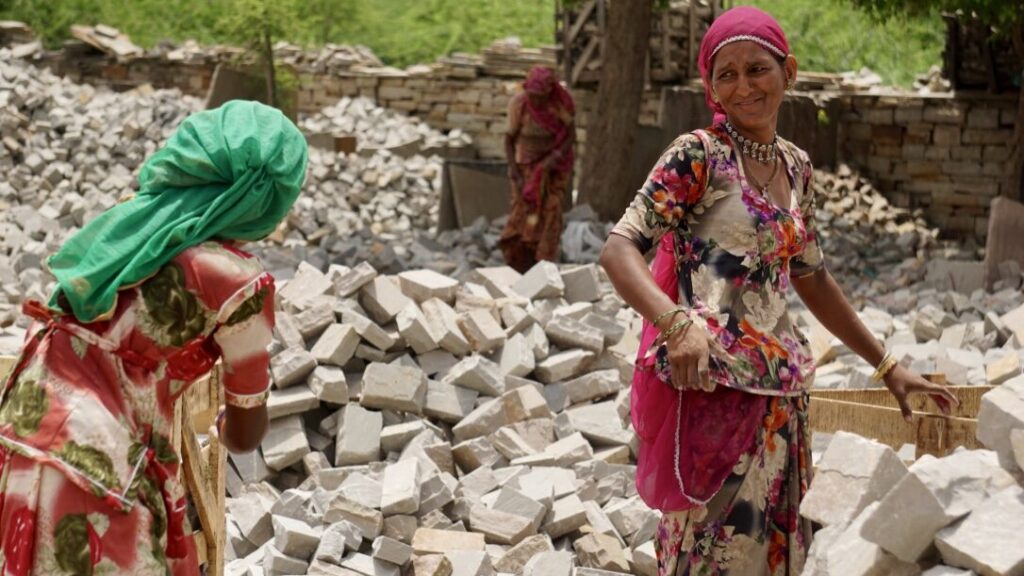
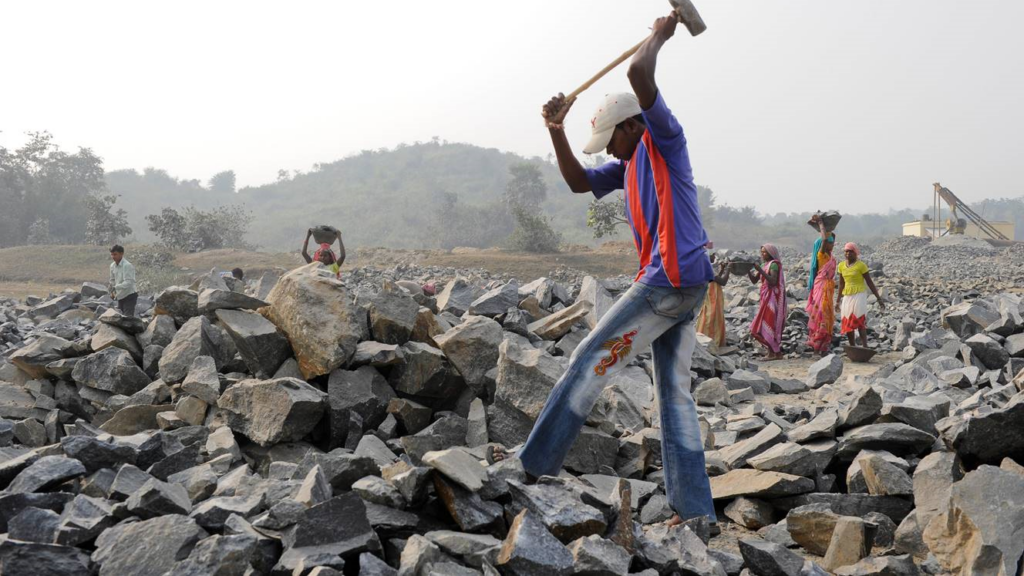
Motivational centres
“It is important to understand why, in our region, so many children are out of school”, Manish points out. “One of these reasons is that, especially in remote areas, the infrastructure and quality of education are in a very bad shape. There are not enough teachers, the infrastructure is poor, and the quality of education is too low. Consequently, instead of being seen as a way out of poverty, schools, in such a condition, become a demotivating factor for many children and their parents. Therefore, children often accompany their parents to their workplace, making it even easier and more tempting to start working alongside with their parents.”
Since Manjari joined the WNCB programme, in 2019, several measures were taken to get children back to school and improve the situation wherever it was possible. Manish: “To start with, we started a dialogue with local mining businesses. Obviously, they had to agree that child labour was an unwanted situation. And continuing our conversations, we negotiated to open up motivational centres right there, next to the workplaces where children would accompany their parents instead of going to school. So, wherever a local mining business would provide the actual space for a motivational centre, our training volunteers would step in and teach the children. That was the deal. These motivation centres are, as the name suggests, the first step in providing education and motivating children, eventually, to go back to the formal schooling system.”
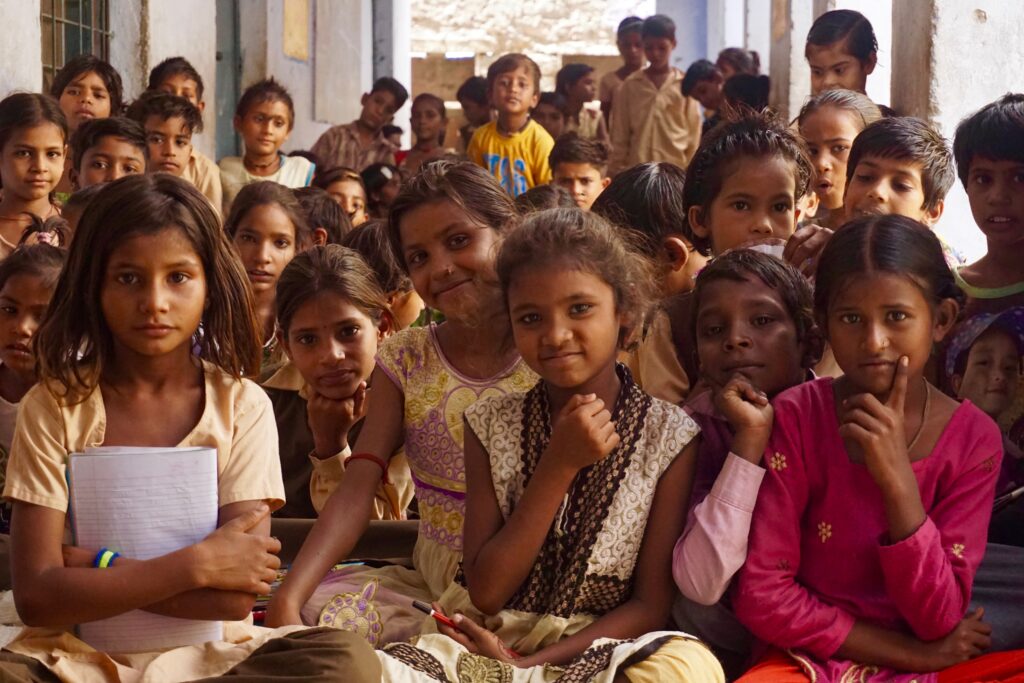
“One of the changes that I see, is that there is certainly a greater motivation among parents to arrange for education for their children. Parents and communities are much more aware that education is a right. The demand for education has grown. Now it is up to us, local authorities, and up to the government policy makers to respond to this positive demand.”
Manish Singh
Documents and support teachers
Apart from schools being in a bad shape, there are some other problems that impede many children from receiving education at schools and for which solutions were presented through the WNCB programme. Manish explains: “When children in remote and deprived areas want to attend a school, very often they do not have the right documents to identify themselves. For many families this already is such a bureaucratic hurdle that they simply give up. That is where we try to step in to help these children claim their papers and therefore their right to join the school. “
Once the required papers are there, and children are able to come to classes, the next challenge presents itself: the problem of having different learning levels in a single class. “If a child is not able to perform to an average standard, and the teachers are not adequately trained or sensitive enough to recognise the situation and understand the learning needs of that child, then chances are pretty high that the child will leave school, once again. That is why we started sending extra supporting teacher assistants to schools. So, they can pay extra attention to the children who are in need for extra attention and who are not performing according to standards.”
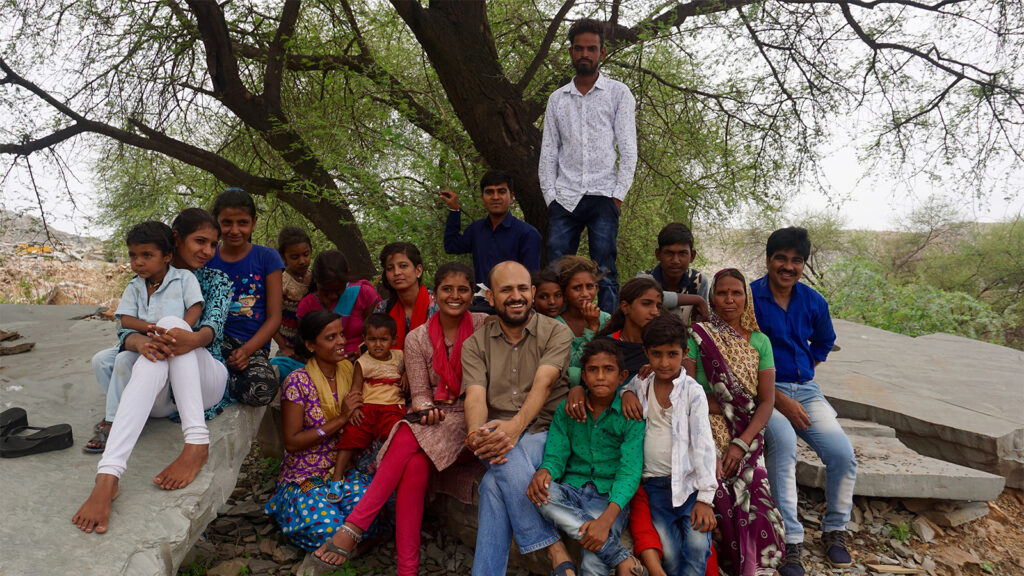

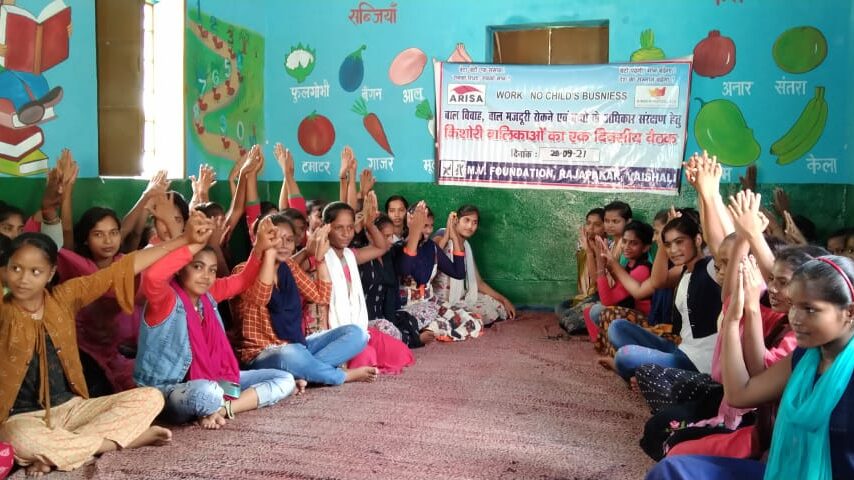
Bridge schools and open schools
Building on the initiative of providing extra supporting teachers, Manjari also supports children through bridge classes, supplementary tuition classes. “Children who are in grades 7 to 9 often face a lot of problems with subjects such as English and maths”, Manish explains. “That is a direct result of the fact that, in many places, we do not have subject teachers in schools. To address this issue, we started arranging tuition classes for these children to maintain their pace of learning and keep them motivated to keep coming to school.”
Last but not least, Manish and his colleagues started linking school drop outs with the Rajasthan Open Schooling System. “With these open schools we focus on adolescent girls and boys who left school in the past. Through the open schools system we offer them the possibility to study individually and prepare for the formal exams. “

